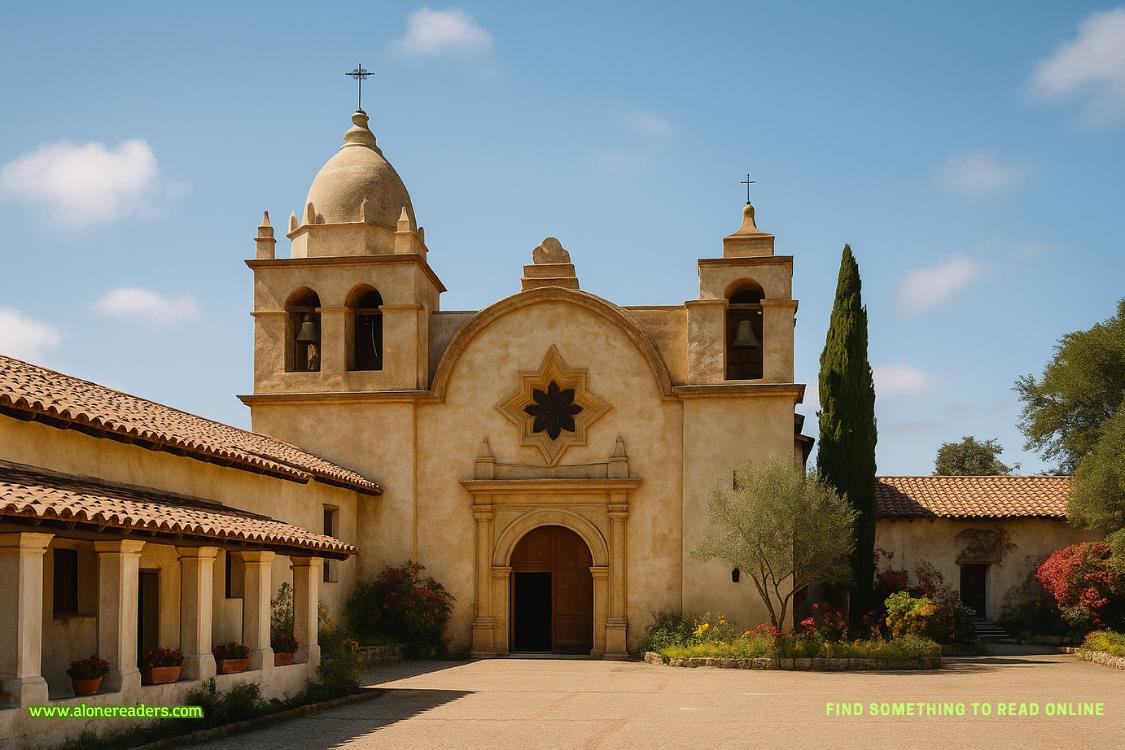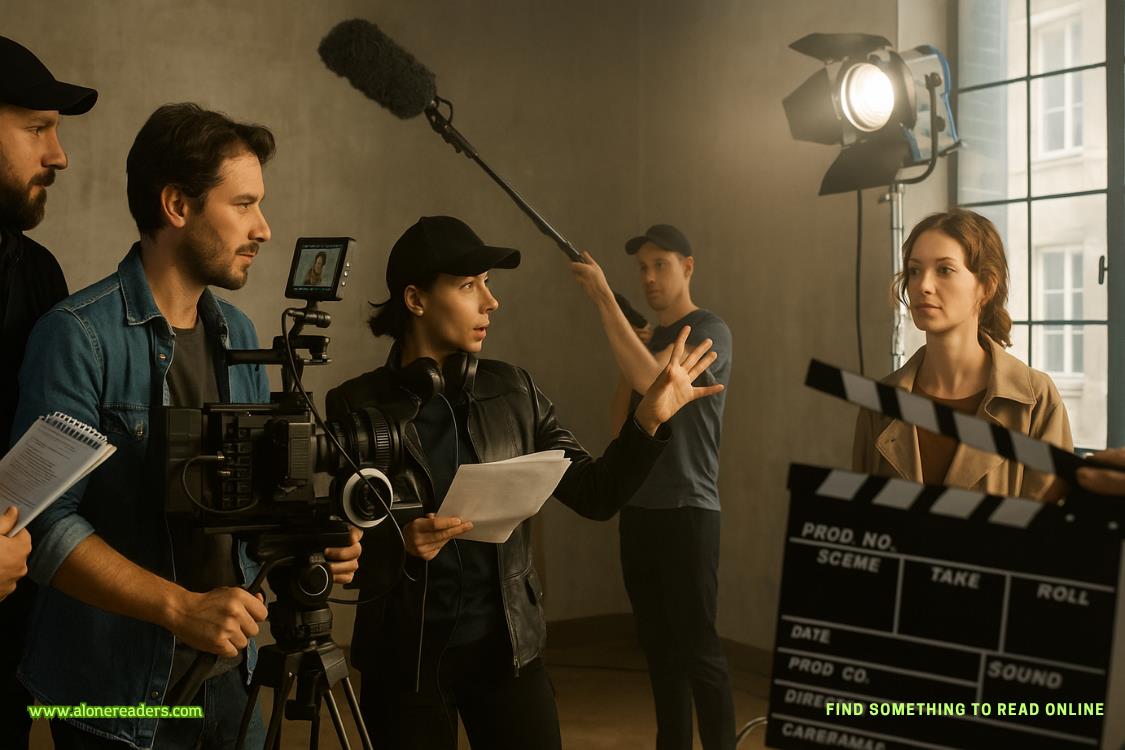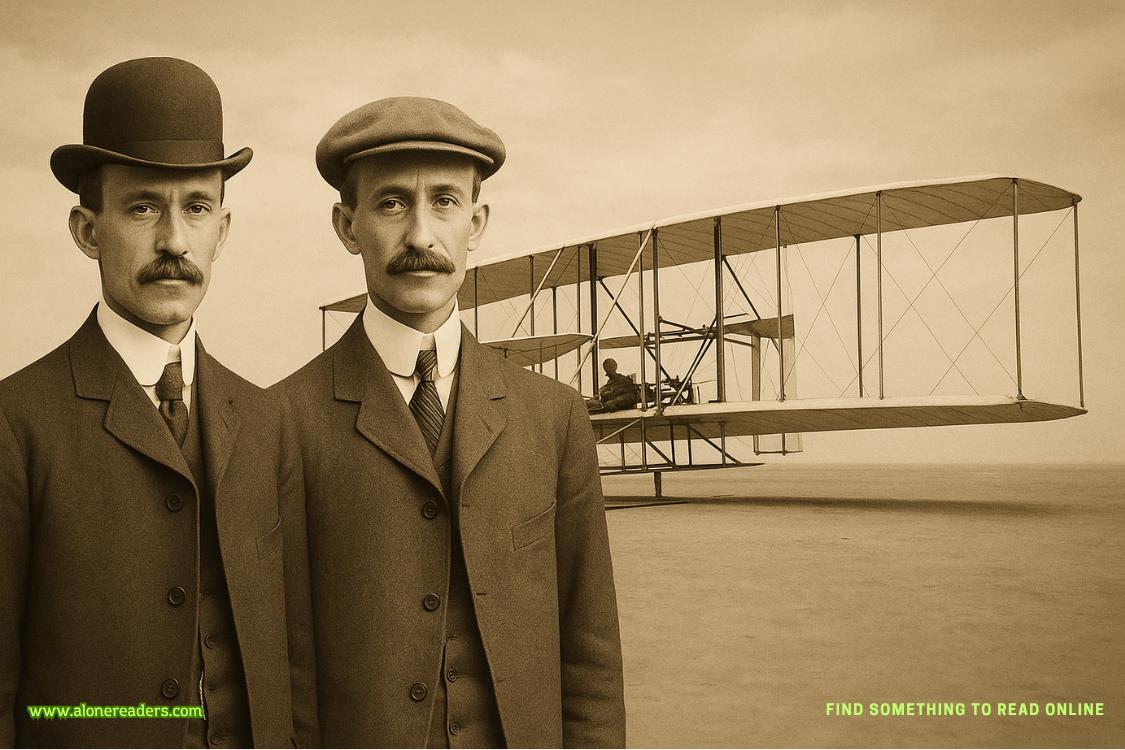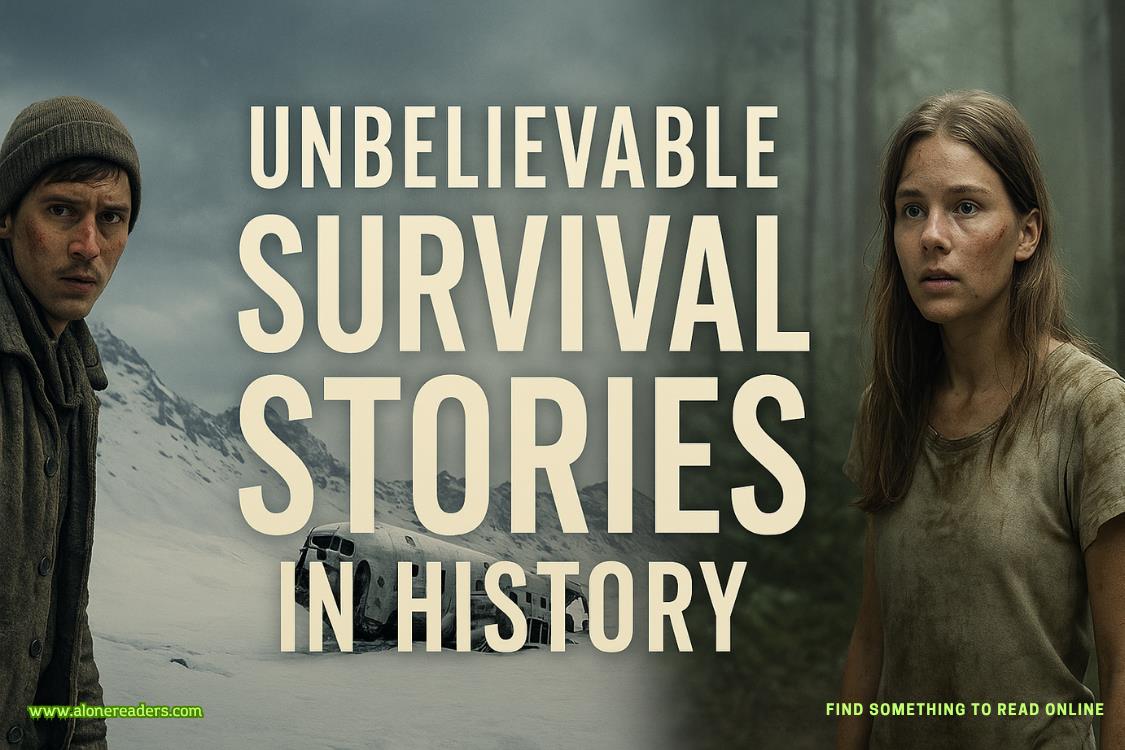Page 34 of Death at a Highland Wedding
McCreadie continues in that same cheerful tone, “I do not think wewere properly introduced, old chap.” He tips his hat. “Detective Hugh McCreadie, of the Edinburgh police. This is Dr. Duncan Gray, who also works for the police, and this is his assistant, Miss Mitchell. You have police in Austria, do you not?”
There’s the smallest flicker in Müller’s eyes, not anger but surprise, as if he didn’t expect McCreadie to guess his origins.
McCreadie continues, “As for which of us has the gun, that answer will be given if you do not lower that rifle, sir.”
I hold my expression in place, hoping I don’t betray the fact that I’m the one he means… and that I don’t actually have the derringer. I didn’t expect to need it on a morning stroll.
Müller doesn’t look away from McCreadie. He’s decided the police officer is the one with the gun, and he’s contemplating what to do about it. I highly doubt he intends to shoot us, but he doesn’t want to back down either.
When he lifts the rifle a scant inch, obstinance more than threat, Gray steps forward and, his gaze locked with Müller’s, takes hold of the barrel and moves it aside.
I brace for Müller’s response, but he only gives a grunt of something almost like respect and lowers the gun. Then he eyes Gray, as if seeing him with fresh eyes.
“We would like to continue on our way,” Gray says. “We will stay on the road, and if we must leave it for any reason, we understand the risks. If you see Mr. Cranston, we would appreciate it if you told him we are looking for him.”
“I have not seen him,” Müller says. “But if you are going to walk, you had best keep your gun out. I found a stag over the hill.” He jerks his chin in that direction. “I was going to the house to tell Mr. Cranston. They grow bolder.”
“I presume you do not mean the deer,” McCreadie says.
Müller snorts. “The deer I could deal with. I could deal with this, too, if themasterwould let me.” He twists the word “master.” “The stag is dead. They are usually sneaky about it, taking the whole carcass and leaving me with only bloody traces. This time, they butchered it in place and only took part of the meat. Left the rest to rot.”
I have questions. But at best, Müller will ignore my queries, and atworst, he’ll decide I’m a fool for asking. If he’s thawing toward McCreadie and Gray, I should let them handle this.
“This happens often, I presume?” McCreadie says.
“Birds. Deer. Rabbits. They take what they wish.”
“Was this a red deer or roe?” Gray asks.
“Red.”
The larger subspecies then. That means the culprit wasn’t a wildcat or even a stray dog. It’s possible that the stag died of another cause and what seemed like partial butchering was actually scavenging, but no one points that out. If we do, Müller will snap that he knows the difference.
McCreadie, however, finds a way around the question with, “Trapped or shot?”
“Bow and arrows. That is what those children like.”
“Children?”
Müller waves a dismissive hand. “The boy and his lame sister. They do not even bother to hide that it is them.”
McCreadie nods. “I hope you are able to resolve the issue. I understand it would be very frustrating.”
Müller mutters under his breath, but it seems more the awkward mumble of someone who doesn’t know how to handle an empathic response.
“We will all be on our way,” McCreadie says. “If we see Mr. Cranston, we will tell him you need to speak to him.”
ELEVEN
There’s no question of what we’re going to do as soon as Müller is out of sight. We want to get a look at that deer. Yep, we’re that desperate for distraction. First a poisoned wildcat. Now a poached deer. When I say that, McCreadie gently corrects me. “Poached” is a loaded term, especially in areas like this, where people who’ve hunted for generations are being told that the rich can, apparently, own the game, along with the water, the nuts and berries, and even fallen trees that they’d normally gather for firewood.
In my day, this is normal. My paternal grandparents owned a farm. You wouldn’t expect to find someone on your property chopping dead trees or fishing in the stream, no more than you’d expect to find them harvesting your crops to take home. If they tried, my grandfather would have schooled them on the concept of private property.
That concept, however, is relatively recent. While there would always have been places you couldn’t hunt or fish, just because someone owned the land didn’t automatically mean it was off-limits. The problem only came if you took too much, but if you lived nearby and hunted that forest or fished that stream, you knew better than to empty it and leave nothing for the next year.
This particular land traditionally would have been hunted and fished and managed by tenants. Then the former owner built a hunting lodge and kicked out the tenants. That’s not Cranston’s fault, but I can understand the awkwardness.
Cranston will resolve that, and the last thing he needs is advice from someone who’d firmly be on the side of the dispossessed. But wecanexamine that dead deer, in case Müller missed anything suspicious.















